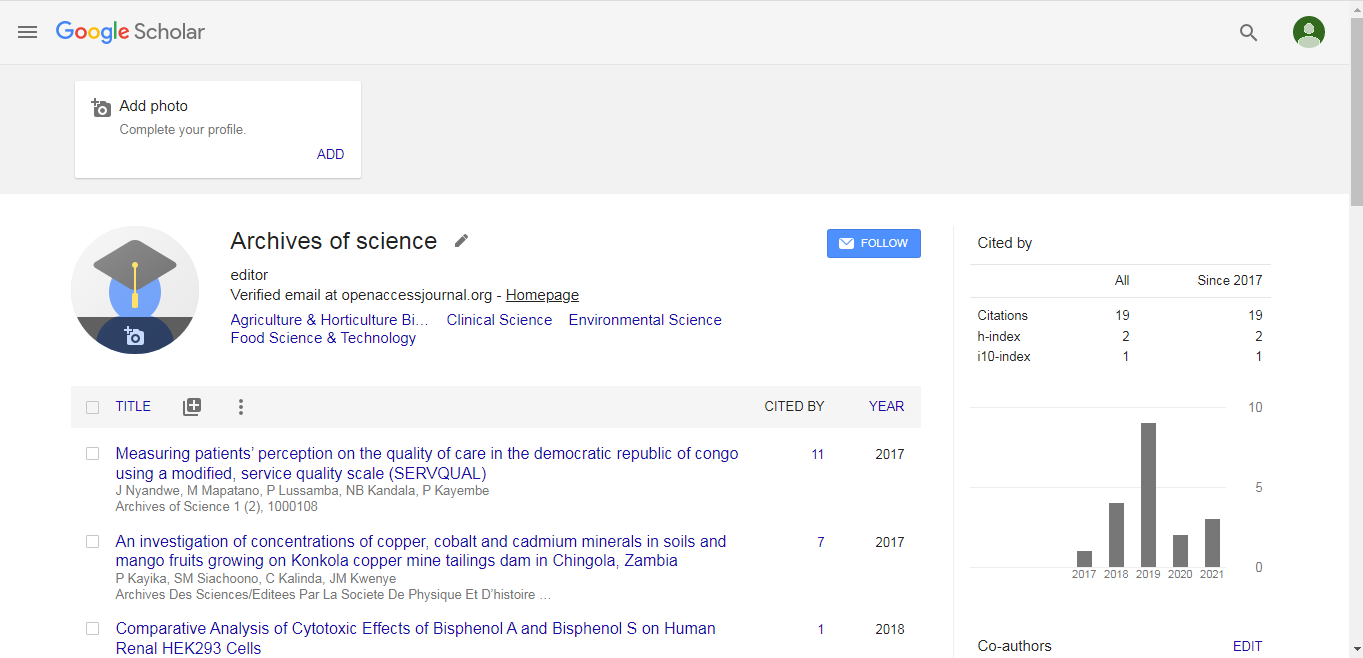Research Article
Translation and Cross-cultural Adaptation of an Instrument to Measure Patients’ Perception of the Quality of Care in Kinshasa Hospitals and Health Centers
Nyandwe J1*, Mapatano MA1, Lussamba PS1, Kandala NB2-4 and Kayembe PK11Department of Epidemiology & Biostatistics, University of Kinshasa, Democratic Republic of the Congo
2Department of Mathematics, Faculty of Engineering and Environment, North Umbria University, UK
3Division of Epidemiology and Biostatistics, University of the Witwatersrand, South Africa
4Faculty of Health and Sport Sciences, University of Agder, Norway
- *Corresponding Author:
- Jean Nyandwe
Department of Epidemiology & Biostatistics, School of Public Health, School of Medicine
University of Kinshasa, Democratic Republic of the Congo
Tel: +243 810759142/+243995387587
E-mail: jnyandwe@gmail.com
Received date: April 29, 2017; Accepted date: June 5, 2017; Published date: June 6, 2017
Citation: Nyandwe J, Mapatano MA, Lussamba PS, Kandala NB, Kayembe PK (2017) Translation and Cross-cultural Adaptation of an Instrument to Measure Patients’ Perception of the Quality of Care in Kinshasa Hospitals and Health Centers. Arch Sci 1:109.
Copyright: © 2017 Nyandwe J. This is an open-access article distributed under the terms of the Creative Commons Attribution License, which permits unrestricted use, distribution, and reproduction in any medium, provided the original author and source are credited.
Abstract
Objective: To edit, translate and adapt culturally the SERVQUAL modified in India from English into French for use in the Democratic Republic of Congo (DRC).
Methods: The cross-cultural adaptation process of an instrument measuring the patients’ perception of quality of care requires a translated version that is conceptually equivalent to the original, and culturally acceptable to the target population. Our study aimed at translating from English into French the SERVQUAL instrument used in India. Two translators fluent in English translated the SERVQUAL into French and 2 back translators translated the tool from French into English. The back-translated version was examined by a panel of expert panel to verify its concordance with the original version. The pretest carried out on 15 patients leaving a medical visit checked on the understandability, clarity and acceptability of the tool. The final French version of the SERVQUAL after the feedback was produced and approved by the panel of experts.
Results: A few items were questioned by the panel of experts. After the pretest, during the cognitive debriefing phase, the French-language version of the SERVQUAL was well accepted and understood by all of the expert members; thus this operation demonstrated the robustness of the process of translation and cross-cultural adaptation. After this agreement by the experts, the tool was ready to be pretested by a convenience sample again to assess its understandability, clarity and acceptability to translate and cross-culturally adapt in DRC.
Conclusions: The final version of the SERVQUAL cross-cultural adapted for use in DRC proved easy to understand and use.

 Spanish
Spanish  Chinese
Chinese  Russian
Russian  German
German  French
French  Japanese
Japanese  Portuguese
Portuguese  Hindi
Hindi 